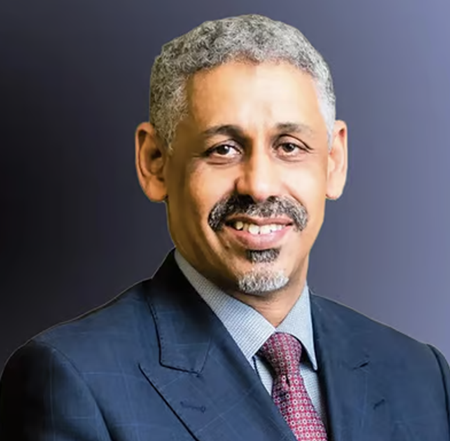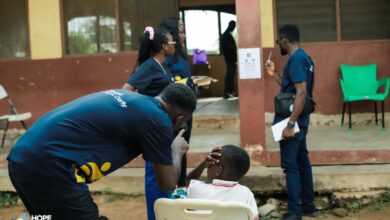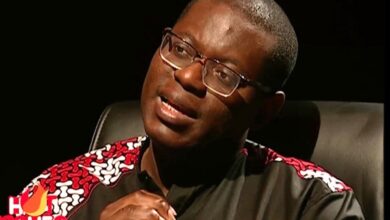Africa’s Youth Are Its Future, Not Its Burden — AfDB Prez Tells World Bank Council

President of the African Development Bank Group (AfDB), Dr Sidi Ould Tah, has reaffirmed the Bank’s commitment to driving job creation and youth empowerment across the continent, as he joined global leaders at the World Bank Group’s High-Level Advisory Council on Jobs in Washington, D.C.
The meeting, held on the sidelines of the 2025 World Bank and IMF Annual Meetings, brought together heads of international financial institutions, ministers, and private sector leaders to deliberate on practical ways to accelerate employment creation through strategic investments.
Dr Ould Tah’s participation comes midway through his first 100 days in office, signalling his determination to place Africa’s youth, jobs, and opportunity at the heart of the continent’s transformation agenda.
“Africa’s youth are not a burden to manage; they are the engine of our continent’s future,” Dr Ould Tah said. “We need to invest in the right skills, formalise the informal economy, and back MSMEs at scale.”
Focus on Tourism and Skills Development
This year’s Jobs Council spotlighted two critical growth areas — tourism and skills development — where Africa holds immense untapped potential. Tourism currently supports one in every 20 jobs across the continent, with high participation of women and youth. However, more than 80 percent of these workers remain in the informal sector, lacking access to finance, social protection, and sustainable career pathways.
At the same time, the gap between education systems and labour market needs continues to hinder youth employability. Dr Ould Tah stressed that addressing this mismatch is essential to unlocking Africa’s demographic dividend.
Financing Jobs and the Future
The AfDB’s Jobs for Youth in Africa Strategy, one of its flagship initiatives, has so far mobilised over $105 billion in financing and is projected to create 19 million jobs by the end of 2025.
In addition, the Bank has developed a Youth, Skills and Jobs Marker System, a tool designed to measure job quality, inclusion, and the long-term impact of AfDB-financed projects on employment outcomes.
Dr Ould Tah also shared examples of the Bank’s ongoing work in building tourism-driven micro, small and medium enterprise ecosystems and deploying digital-first skilling programmes to close workforce gaps and prepare young Africans for emerging sectors.
A Broader Vision for Africa’s Transformation
Dr Ould Tah’s participation in the Council forms part of a broader series of engagements during the Annual Meetings, including bilateral discussions with ministers, development partners, and private sector executives.
These interactions align with his Four Cardinal Points strategy, which defines the Bank’s renewed focus on mobilising capital at scale, unifying markets across the continent, industrialising locally, and investing in talent and technology.
Through this vision, the AfDB aims to strengthen Africa’s competitiveness, deepen regional value chains, and harness technology and human capital to drive inclusive economic growth.
The Road Ahead
As the world’s youngest continent, Africa faces both the urgency and opportunity of turning its demographic strength into an economic powerhouse. With over 12 million young people entering the labour market each year, the challenge of creating sustainable jobs has never been greater.
Dr Ould Tah’s message at the World Bank Jobs Council was clear: Africa’s youth are its greatest asset, and empowering them through skills, innovation, and enterprise will determine the continent’s economic future
a




